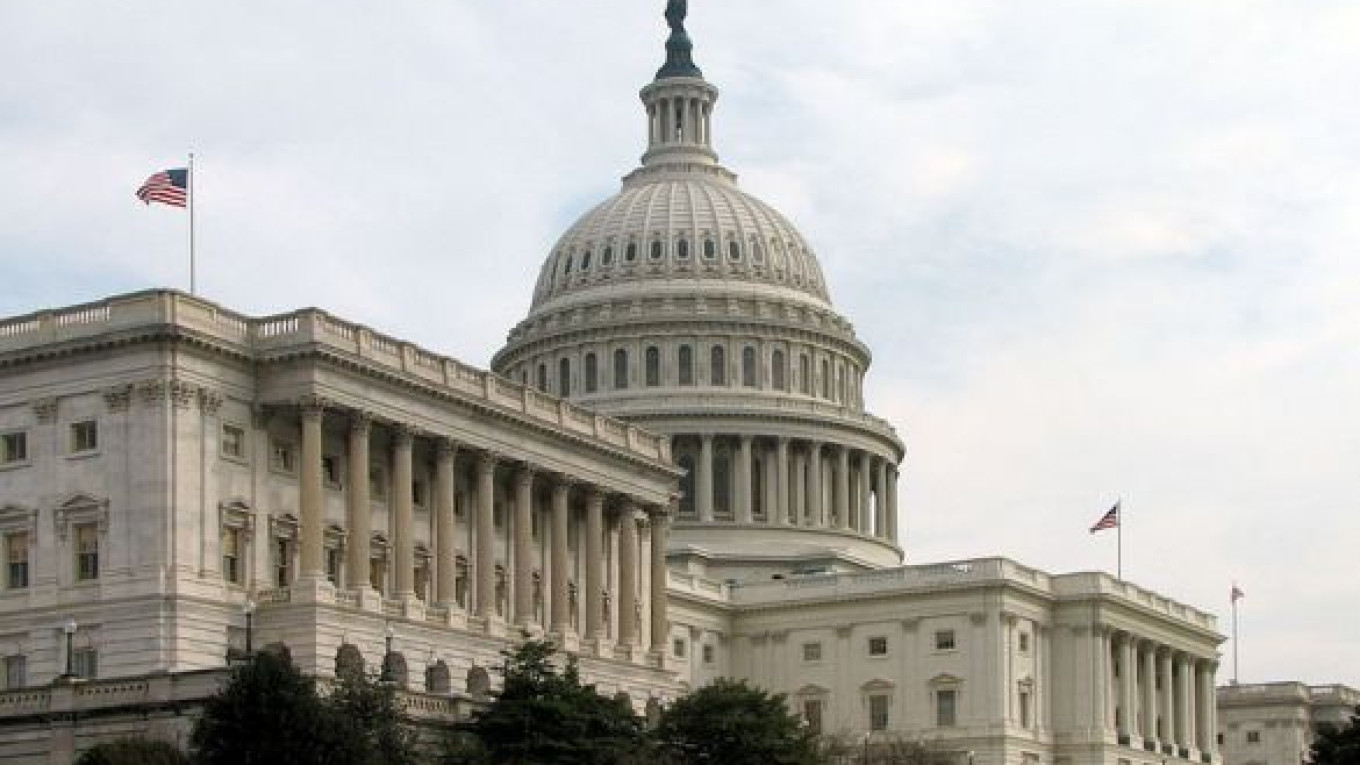Two U.S. senators have introduced a bill that would expand the Magnitsky Act to punish human rights abusers anywhere in the world, not just in Russia, while another lawmaker said he was disappointed that the sanctions did not apply to more people.
Senators Ben Cardin, a Democrat from Maryland, and John McCain, a Republican from Arizona, introduced their "Global Human Rights Accountability Act" on Thursday, proposing to expand the Magnitsky Act to all countries. The bill would block human rights abusers from entering the U.S. or using American financial institutions, Reuters reported.
The original bill, passed in 2012, was named after Sergei Magnitsky, a whistle-blowing lawyer who died in a Moscow jail in 2009. The law authorized a blacklist containing the names of those implicated in Magnitsky's death and other human rights violations in Russia. Those named on the list have been barred from receiving U.S. visas and their assets in the U.S. have been frozen.
U.S. Representative James McGovern, a Democrat from Massachusetts who was among the original bill's supporters, called its implementation "disappointing" and said that he wanted to meet with the White House administration to discuss why it had not expanded the blacklist, which contains the names of 18 people, Radio Liberty reported on Thursday.
McGovern said he "expected more" from the mandatory report on the law that the administration issued last month. The report has not been made public.
Republican Senator Bob Corker expressed concern in December that the White House would balk at expanding the blacklist to avoid undermining cooperation with the Kremlin on areas of mutual interests.
A Message from The Moscow Times:
Dear readers,
We are facing unprecedented challenges. Russia's Prosecutor General's Office has designated The Moscow Times as an "undesirable" organization, criminalizing our work and putting our staff at risk of prosecution. This follows our earlier unjust labeling as a "foreign agent."
These actions are direct attempts to silence independent journalism in Russia. The authorities claim our work "discredits the decisions of the Russian leadership." We see things differently: we strive to provide accurate, unbiased reporting on Russia.
We, the journalists of The Moscow Times, refuse to be silenced. But to continue our work, we need your help.
Your support, no matter how small, makes a world of difference. If you can, please support us monthly starting from just $2. It's quick to set up, and every contribution makes a significant impact.
By supporting The Moscow Times, you're defending open, independent journalism in the face of repression. Thank you for standing with us.
Remind me later.


